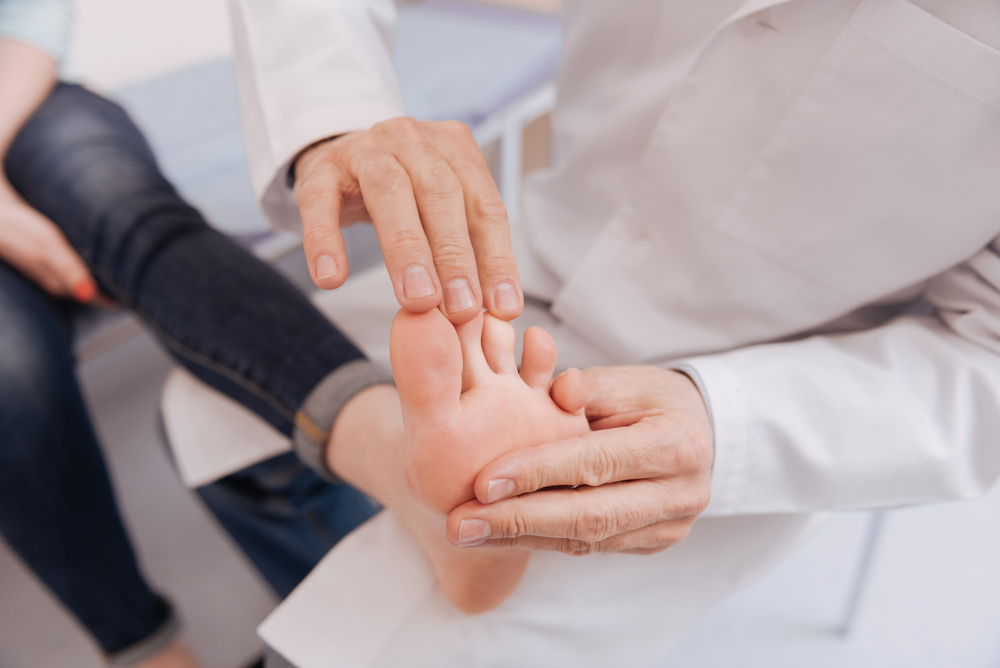Toe Jam is the non-medical term for the accumulation of debris, sock lint, dead skin cells and sweat in the tightly cramped spaces between the toes. If hygiene is poor the toe jam may have a foul odor.

Toe jam, also known as toe cheese or toe gunk, refers to the accumulation of dirt, dead skin cells, sweat, and other debris between the toes. It can have a cheesy or foul odor and may appear as a thick, dark substance or clumps in the spaces between the toes.
Formation: Toe jam typically forms when sweat, skin cells, and other particles accumulate in the warm, moist environment between the toes. The toes, especially in areas where they rub against each other, can trap debris and prevent it from naturally washing away.
Composition: Toe jam is composed of a mixture of dead skin cells, sweat, bacteria, fungus, dirt, and other substances that collect between the toes. The combination of these elements can lead to the formation of a thick, sticky, or smelly substance.
Odor: The accumulation of sweat and bacteria in toe jam can create an unpleasant odor. The smell may vary from person to person and can range from mildly unpleasant to strong and offensive.
Prevention and Hygiene: Regular foot hygiene is essential to prevent the buildup of toe jam. It is recommended to wash the feet daily with mild soap and warm water, paying attention to the spaces between the toes. Thoroughly drying the feet after washing is also important, as moisture can contribute to the formation of toe jam.
Treatment: If toe jam has already formed, it can be cleaned by gently washing the feet and using a soft cloth or brush to remove the debris between the toes. It is important to be gentle and avoid excessive scrubbing, as this can irritate the skin. Applying a mild antifungal powder or using absorbent foot pads can help keep the area dry and prevent the recurrence of toe jam.
While toe jam is generally harmless, excessive buildup or persistent odor may indicate underlying foot hygiene issues or fungal infections. If you have concerns or if the odor or symptoms worsen, it is advisable to consult a healthcare professional or a podiatrist for further evaluation and guidance.
